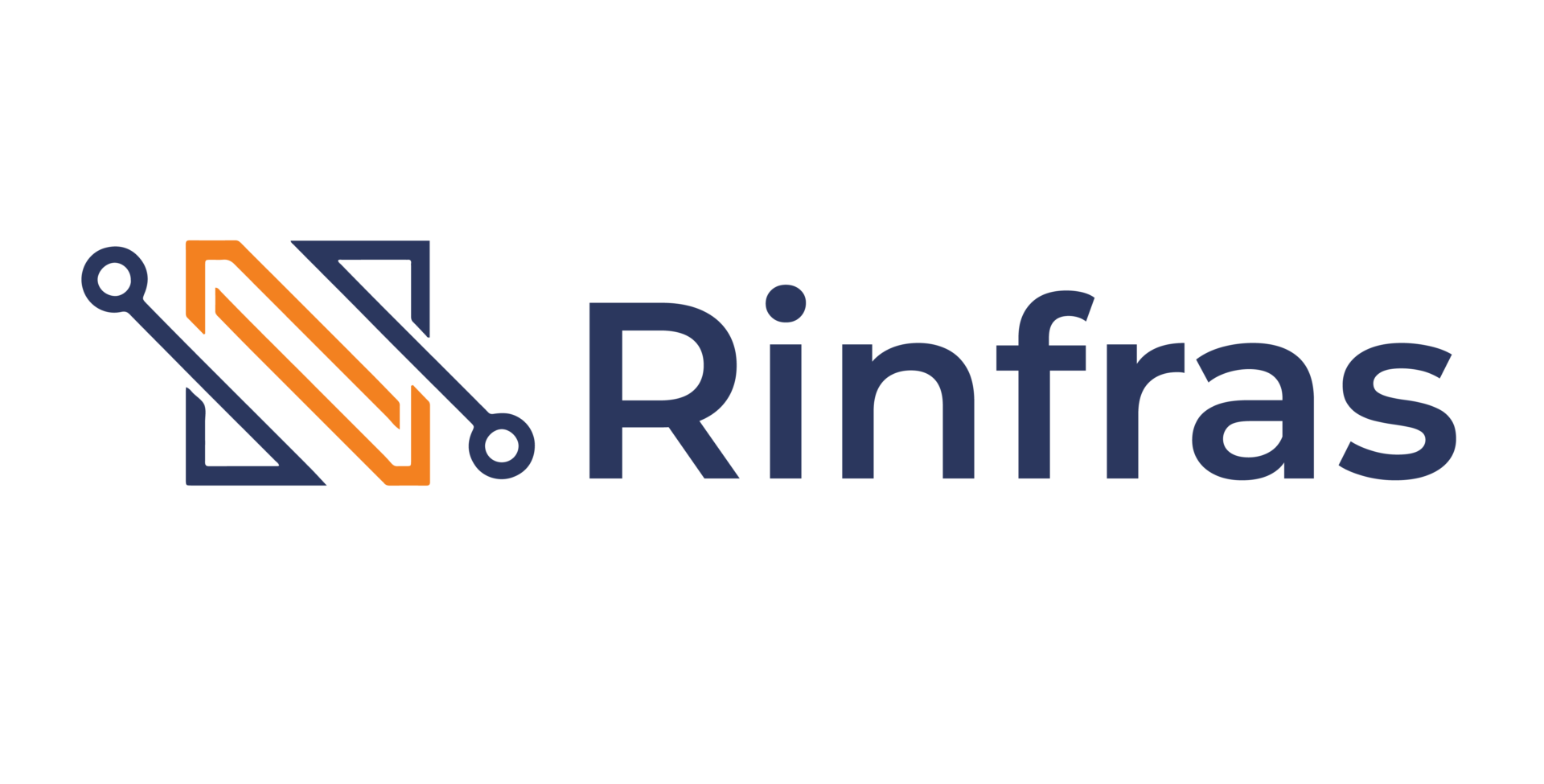The healthcare industry is experiencing a technological revolution, with the adoption of Gigabit Passive Optical Network (GPON) technology playing a pivotal role. GPON is revolutionizing how medical data is transferred and enhancing telemedicine services, ushering in a new era of healthcare that is more efficient, accessible, and patient-centric. In this article, we will explore the impact of GPON in healthcare and the transformation it brings to medical data transfer and telemedicine.
Understanding GPON in Healthcare
Gigabit Passive Optical Network (GPON) is a high-speed, fiber-optic network technology that provides gigabit-level bandwidth. It is characterized by its ability to transmit data over long distances while maintaining the signal’s integrity and speed. GPON is widely used in telecommunications, but its application in healthcare is making a profound difference.
Efficient Medical Data Transfer
One of the fundamental ways GPON technology is transforming healthcare is by significantly improving medical data transfer. The healthcare industry relies heavily on the fast and secure transmission of vast amounts of patient data, including medical records, diagnostic images, and real-time patient monitoring information. GPON’s high-speed connectivity is a game-changer in this context.
Electronic Health Records (EHRs): GPON networks enable healthcare facilities to quickly and securely access and update electronic health records. This streamlines patient care, as medical professionals can instantly retrieve essential patient information.
Diagnostic Imaging: High-resolution medical images, such as MRIs and CT scans, are data-intensive and require fast transfer speeds. GPON ensures that these images can be transmitted quickly and without compromising quality.
Remote Patient Monitoring: GPON enables the seamless transmission of real-time patient data to healthcare providers. This is particularly valuable for remote patient monitoring, where patients’ vital signs and health data are continuously tracked and transmitted to medical professionals for assessment.
Telemedicine: Telemedicine appointments often involve high-quality video conferencing and the transfer of medical data. GPON’s bandwidth ensures smooth, uninterrupted telemedicine sessions, enhancing the quality of remote healthcare services.
Enhancing Telemedicine Services
Telemedicine, or telehealth, is a rapidly growing sector of the healthcare industry that relies heavily on high-speed internet connectivity. GPON technology is a crucial enabler for telemedicine services, bringing healthcare professionals closer to their patients regardless of geographical distances.
Real-Time Video Consultations: GPON allows for high-quality video consultations between patients and healthcare providers. This face-to-face interaction ensures better diagnosis and patient engagement.
Remote Monitoring: Telemedicine platforms integrated with GPON can continuously monitor patients’ vital signs and health data. This enables timely intervention and personalized care.
Specialist Consultations: GPON facilitates the transfer of medical data and images, enabling remote specialist consultations. This is particularly valuable in areas with limited access to specialized healthcare services.
Access to Mental Health Services: Telemedicine services powered by GPON can connect patients with mental health professionals, providing essential support and treatment for mental health issues.
Reduced Healthcare Costs: Telemedicine not only enhances healthcare accessibility but also reduces healthcare costs, making medical services more affordable and accessible to a broader population.
Benefits of GPON in Healthcare
Improved Access to Care: GPON-enabled telemedicine services eliminate geographical barriers, enabling patients to access healthcare services without the need for extensive travel.
Better Patient Outcomes: With access to real-time data and the ability to consult specialists remotely, healthcare providers can make faster and more accurate diagnoses, leading to improved patient outcomes.
Cost Savings: The efficient transmission of medical data and telemedicine services can lead to reduced healthcare costs for both patients and healthcare organizations.
Time Efficiency: Telemedicine consultations reduce waiting times for appointments, enabling patients to receive timely care and reducing the strain on healthcare facilities.
Patient-Centric Care: Telemedicine, backed by GPON technology, allows healthcare providers to deliver care tailored to the individual needs of each patient, enhancing the patient-centric approach.
Global Health Access: GPON in healthcare has the potential to improve healthcare access on a global scale, connecting remote and underserved communities with quality medical services.
Challenges and Considerations
While GPON technology offers immense potential for healthcare, there are challenges and considerations that need to be addressed:
Data Security: The secure transmission of medical data is paramount. Healthcare providers must invest in robust cybersecurity measures to protect patient data.
Regulatory Compliance: Telemedicine services must comply with healthcare regulations and patient privacy laws, such as the Health Insurance Portability and Accountability Act (HIPAA) in the United States.
Connectivity Infrastructure: The widespread adoption of GPON in healthcare depends on building the necessary fiber-optic infrastructure, which can be costly and time-consuming.
Digital Literacy: Patients and healthcare providers must be equipped with the necessary digital literacy to effectively utilize telemedicine services and GPON technology.
Interoperability: Ensuring that different healthcare systems, devices, and software are interoperable is essential for a seamless healthcare experience.
Conclusion
GPON technology is a game-changer in healthcare, redefining how medical data is transferred and enhancing telemedicine services. It provides healthcare providers with the tools they need to offer efficient, accessible, and patient-centric care. As the world of healthcare continues to evolve, GPON technology will play an increasingly vital role in bridging geographical gaps, improving healthcare outcomes, and making medical services more accessible to people around the globe. The transformation it brings to medical data transfer and telemedicine is a testament to the potential of technology to revolutionize the healthcare industry for the better.


